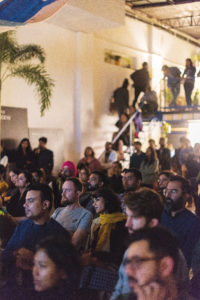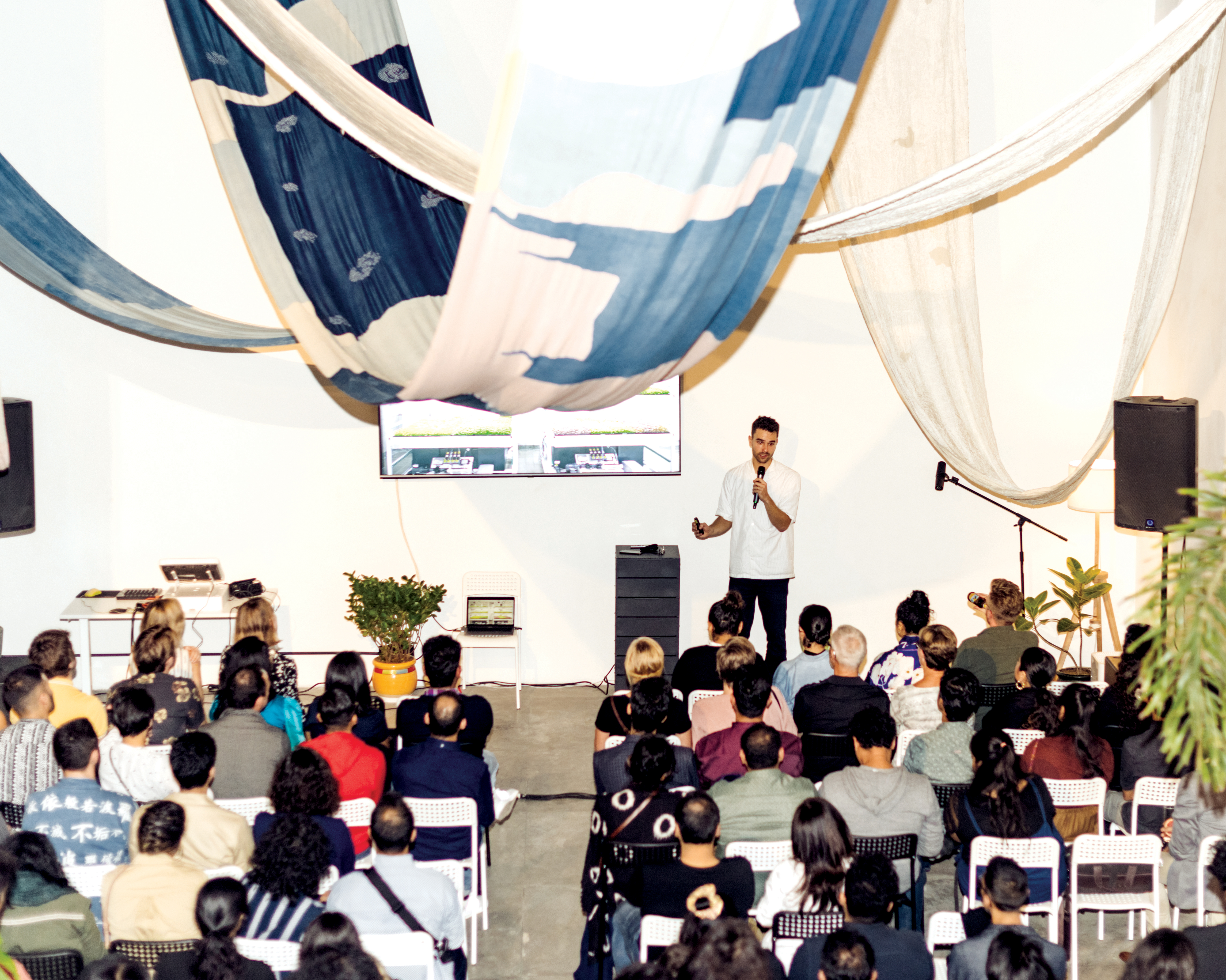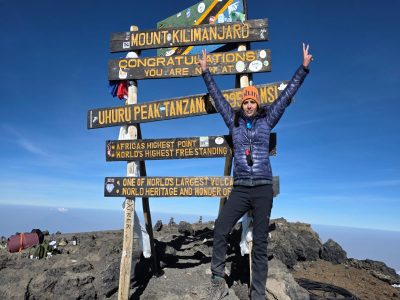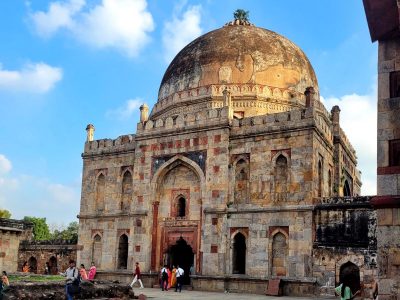SPACE10 India, an Ikea supported design lab is now in New Delhi where a team of young creatives is working on solutions that will overall make life easier for the people and planet
Given the times we live in, every new product must use a team of multi-disciplinary practitioners to research and implement sustainable design methodologies in its development. A team that thinks through the need to make an object of use and also look after its social and environment friendliness. With concerns like climate change dictating innovation and consumption practices, it is all the more important to invest in the R&D of product design.
A team of Europeans — Carla Cammilla Hjort, Simon Caspersen, Guillaume Charny-Brunet and Kaave Pour — began the design agency SPACE10 in 2015 with a similar mission to enable a sustainable life for everyone. The Copenhagen-based research laboratory is now in New Delhi where specialists in multiple fields ranging from computer science and psychology to anthropology and journalism can meet, experiment and prototype solutions for a better everyday life.
The lab that has previously popped up temporarily in cities like New York, London, Shanghai and Nairobi, considers SPACE10 Delhi a first of its kind. “SPACE10 Delhi is open till April 15 where we want to meet new collaborators, gain new perspectives and initiate new projects that will continue after we close the physical lab. Nothing in SPACE10 is permanent as we have never been designed to last, but to constantly evolve”, explains Simon Caspersen, one of the co-founders and communications director of SPACE10. The Ikea supported lab aims to function with the vision to learn from India, as stated in its press material.
It has been about a month since the lab opened in Chattarpur’s Dhan Mill Compound. The lab looks forward to India’s young, diverse, educated and tech-savvy population. It is factors like these that make India an ideal place to learn and explore new sustainable and scalable solutions that help combat real problems for real people.

According to Kaave Pour, Managing Director at SPACE10, innovation doesn’t happen in isolation, which is one of the reasons the lab decided to launch in India. She adds, “We hope SPACE10 Delhi ignites ideas, perspectives and solutions that wouldn’t have been possible anywhere else.”
SPACE10 is currently finding solutions for democratising access to clean energy. The project is headed by Neel Tamhane, 26, who leads SPACE10’s energy projects who has earlier worked on building solar-powered micro-grids in remote villages of North East of India and Bangladesh.
Akanksha Deo Sharma, Ikea’s only Indian designer who has been with the brand for a few years now, developed a textile installation for the lab. She looks forward to the integration of the local ideas with the Scandinavian way of living that inspire a cross-cultural dialogue.
In India, the lab is looking at exploring avenues like rapid urbanisation, limited natural resources, affordable housing via emerging technologies like digital fabrication, open-source design, natural interfaces and artificial intelligence.
“All our events have been completely sold out, we have met and engaged with so many interesting people and are super excited about the new year in Delhi,” shares Caspersen.
SPACE10 Delhi, which is a not-for-profit organisation, open to public space will host a bunch of programmes in the future – presenting everything from community talks and exhibitions to workshops, rapid prototyping and space where diverse talents can meet, share and play. The aim is to gather local designers, technologists, artists, architects, academics, entrepreneurs and activists under one roof.
On being asked the challenges to operate out of New Delhi, Caspersen tells “We opened SPACE10 Delhi in the middle of a public emergency: the air pollution levels in the city are hazardous. We decided to change our entire opening programme last minute and only invited Delhi-based media for the opening until the situation got better. That is one example.”
The lab is currently accepting proposals for its residents for SPACE10 Delhi, to further its work on scalable solutions to access to clean air, energy and water especially for the underprivileged.
SPACE10’s work has been exhibited all over the world and has won international awards in various categories. Earlier this year, the lab was also recognised as one of the most innovative companies in the world by Fast Company.





